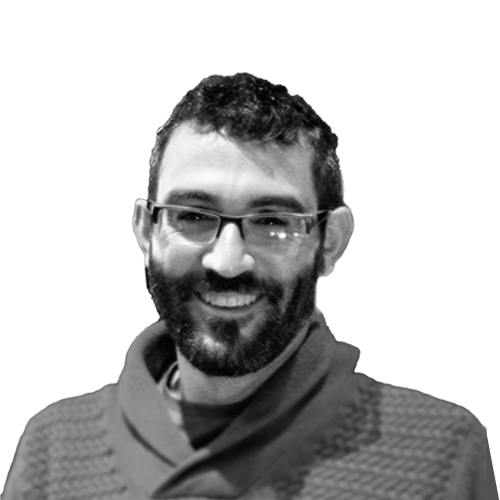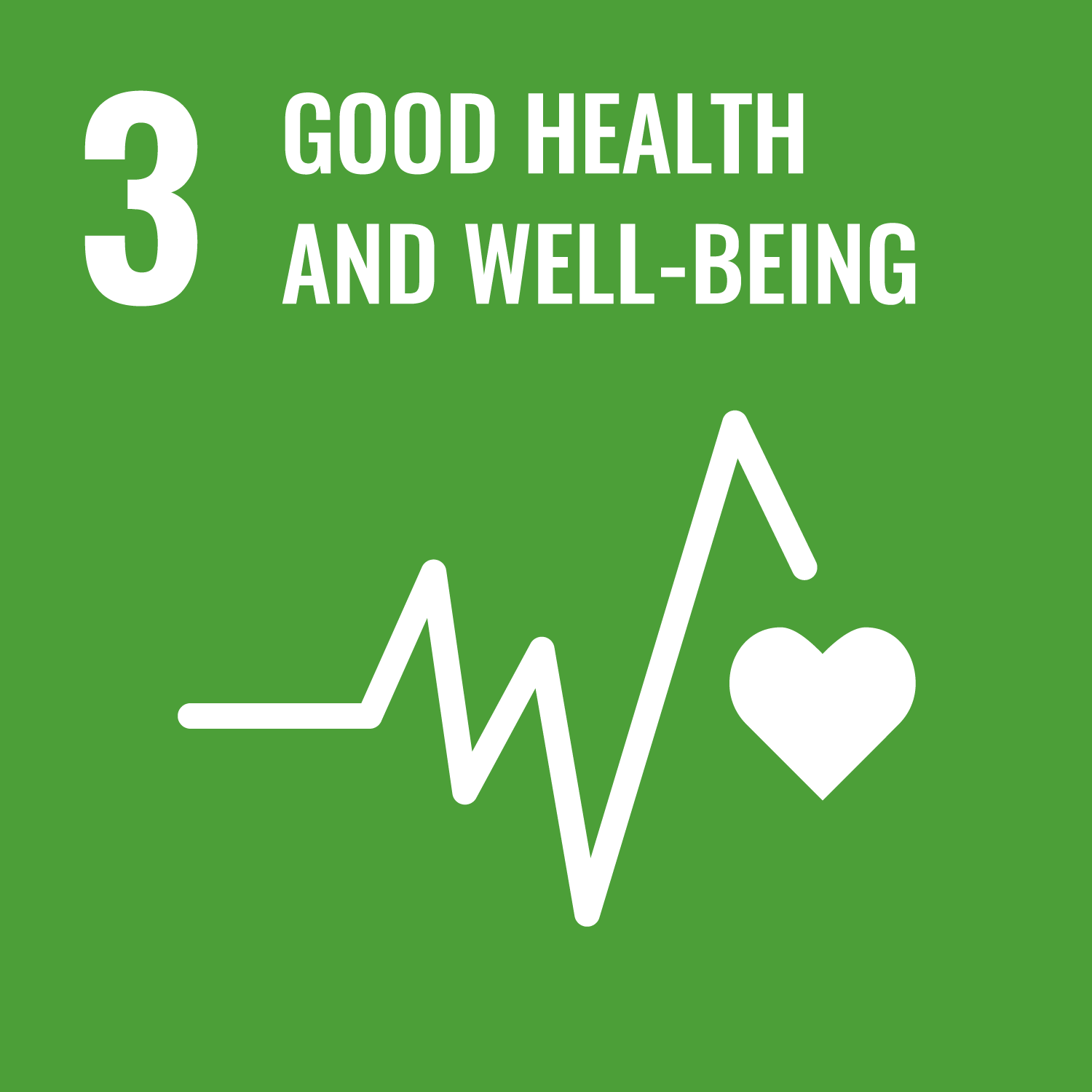Cell-Like ‘Molecular Assembly Lines’ of Programmable Reaction Sequences as Game-Changers in Chemical Synthesis
Chemical synthesis requires several process steps, produces vast amounts of waste today, for example 25–100 kg of waste per kg of product for pharmaceutical drugs, and is thus inefficient and not sustainable. Our vision is to become a real game-changer for chemical synthesis and eliminate many process steps, resulting in close to zero waste streams and a sustainable ‘chemical factory of the future’.
To make this vision come true, the overarching aim of CLASSY is to develop a radically new type of chemical reactor inspired by the way in which living systems manage to modulate catalytic activity. The idea is that these reactors can self-regulate and perform multiple programmable reaction sequences by compartmentalisation of individual steps of the reaction sequence and replication of the molecular effectors that control the reactor’s catalytic activity. The use of microfluidic technology to compartmentalise individual steps of the reaction sequence and replicating molecular effectors to control the reactor activity constitute unique and highly innovative tools toward the project goals.
CLASSY will result in new flow reactors that act as cell-like molecular assembly lines, being able to synthesise a multitude of complex products in a single chemical reactor. These will have the capability to revolutionise the way chemical products, for example, fine chemicals and pharmaceutical drugs, are manufactured today.
CLASSY brings together 5 leading scientists in systems chemistry, replicating peptides, complex reaction networks, and peptide/enzyme catalysis. Their expertise will be combined with new microfluidic technology developed by a high-tech SME and an SME specialised in dissemination and exploitation of results. This highly interdisciplinary consortium will generate new scientific knowledge and novel technologies to support essential pillars for Europe`s future, such as renewability, sustainability, zero waste emissions and energetic efficiency.
This project contributes to the UN Sustainable Development Goals (SDGs) 3, 7 and 9.
Coordinator:Universidad Autónoma de Madrid, ES
Partners:
- Ben-Gurion University of the Negev, IL
- ETH Zurich, CH
- Stichting Radboud Universiteit, NL
- Universität Graz, AT
- Micronit Microtechnologies B.V., NL
- accelopment Schweiz AG, CH





